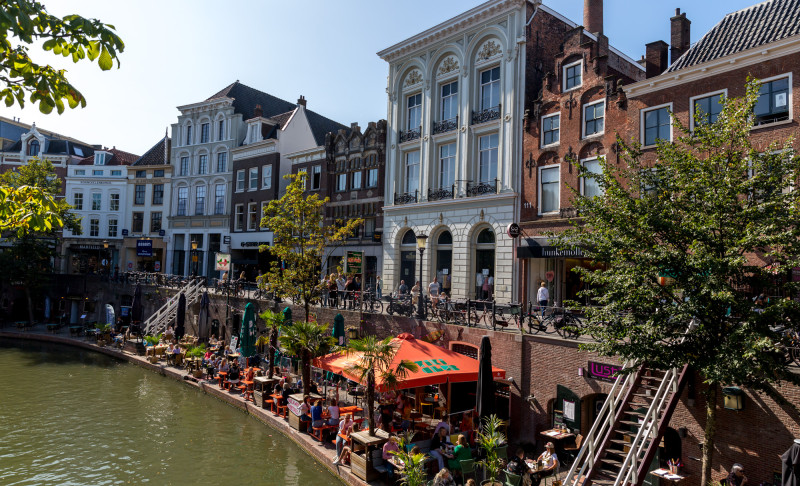
European Politics and Economy
You will be introduced to the history of the European Union, its institutional structures, current aims and future challenges. Lecturers will elaborate on the historical background and the various stages of integration.

You will be introduced to the history of the European Union, its institutional structures, current aims and future challenges. Lecturers will elaborate on the historical background and the various stages of integration.
The European Union (EU) is a political partnership between 27 democratic European countries. With a population of about 450 million, it has become a major player in global politics. In this course, the European Union is the main object of study.
This course offers an introduction to the political landscape of Europe. Central to the course is the European Union (EU), a political partnership which has become a major player in global politics. First of all the historical background of the European Union will be discussed. It originated from a long process of political and economic integration that started after the Second World War and culminated in the formation of the EU with the Treaty of Maastricht in 1992. Several lectures will give insight into the various stages of integration, the role of European leaders and the present Euroscepticism and resistance to the European project. An example of which is the decision of the United Kingdom to step out of the EU. Other issues include the future political expansion of the EU, transatlantic relations, and the development of a shared foreign policy and development aid.
One of the themes of the course is also the system of governance within the European Union, which consistis of the European Parliament (representing the people of Europe); the Council of the European Union (representing national governments); and the European Commission (representing the common EU interest). The role and function of the various other European institutions such as the European Court of Justice and the European Central Bank will be addressed as well.
The final course theme focuses on regional and cultural diversity within Europe, discussing the position of various countries and regions within the larger European family, and the role of Europe in the world. Overall, students will experience an intensive two-week programme with lectures and seminar groups. Together with other students they are expected to work on group presentations and assignments.
The programme is especially designed for students coming from countries outside Europe. It is open to all students with a keen interest in the functioning of the European Union and (European) politics and economy in general. The course has a focus on political sciences, and in offering this as a broad framework it is an excellent preparation for other summer courses in the field of culture and European studies.
The aim of this course is to introduce the participants to the historical, economic and political aspects of the nations within the European Community. The course will study both the development towards a united Europe and the enduring diversity of national cultures within the Union.
The housing costs do not include a Utrecht Summer School sleeping bag. This is a separate product on the invoice. If you wish to bring your own bedding, please deselect or remove the sleeping bag from your order.